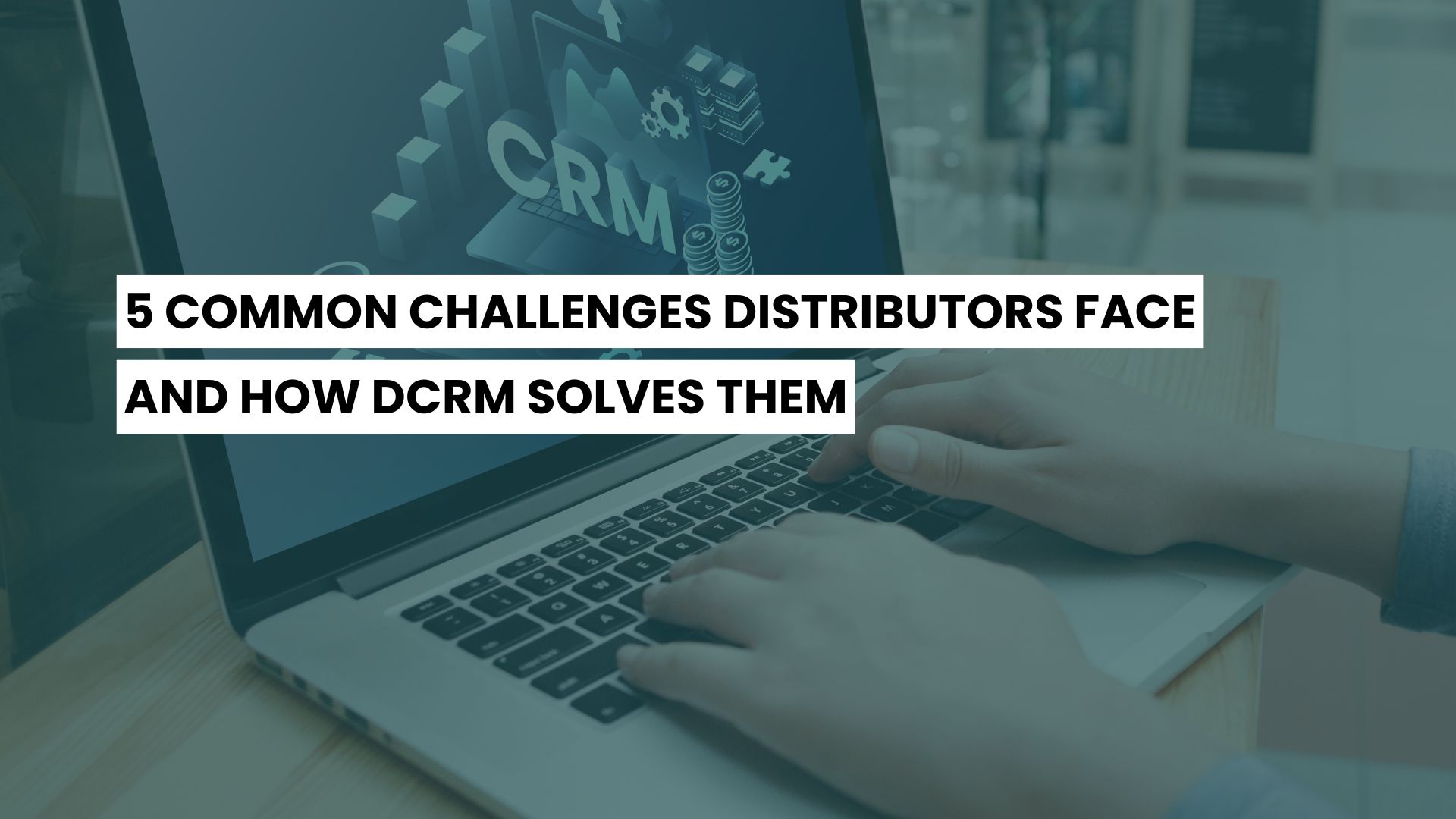In the fast-paced landscape of distribution, where effective communication and streamlined processes are paramount, the implementation of Customer Relationship Management (CRM) software for field sales can be a game-changer. Yet, this transformative voyage comes with its own set of challenges. In this blog post, we will explore the hurdles faced in implementing Distribution CRM Software and discuss strategies to overcome them, ensuring a successful integration for enhanced field sales performance.
1. Understanding the Unique Challenges
Before delving into solutions, it’s crucial to identify the challenges specific to implementing CRM software in distribution for field sales. These challenges may include resistance to change, data migration complexities, integration issues with existing systems, and ensuring user adoption.
2. Overcoming Resistance to Change
Field sales teams might resist the introduction of new technologies. To overcome this, implement robust change management strategies. Communicate the benefits of the CRM software, provide training sessions, and involve the team in the decision-making process. Demonstrating how the CRM will make their tasks more efficient and productive is key.
3. Tackling Data Migration Complexities
The migration of data is a crucial component of implementing CRM. Plan meticulously, ensuring all relevant data is transferred accurately. Conduct extensive testing to identify and resolve any issues before full-scale implementation. This minimizes the likelihood of data loss or corruption.
4. Addressing Integration Issues
Ensure that the CRM software seamlessly integrates with existing systems. Application Programming Interface (API) integration and customization can be employed to bridge the gap between the CRM and other tools. This creates a unified system that enhances overall efficiency.
5. Ensuring User Adoption
A CRM system is only effective if it is adopted by the users. Provide comprehensive training programs for all levels of staff. This not only ensures that everyone understands how to use the system but also fosters a positive attitude towards its implementation.
6. Maximising Return on Investment (ROI)
To justify the investment in CRM software, monitor key performance indicators (KPIs) regularly. Collect feedback from field sales teams and make continuous improvements to the system. This iterative approach ensures that the CRM evolves with the changing needs of the distribution business.
Conclusion: A Path to Field Sales Excellence
While challenges may arise in the implementation of Distribution CRM Software for field sales, a proactive and strategic approach can pave the way for success. By addressing resistance, planning for data migration, integrating seamlessly, ensuring user adoption, and consistently optimizing for ROI, distribution businesses can unlock the full potential of CRM systems, leading to enhanced field sales performance and overall business success.




